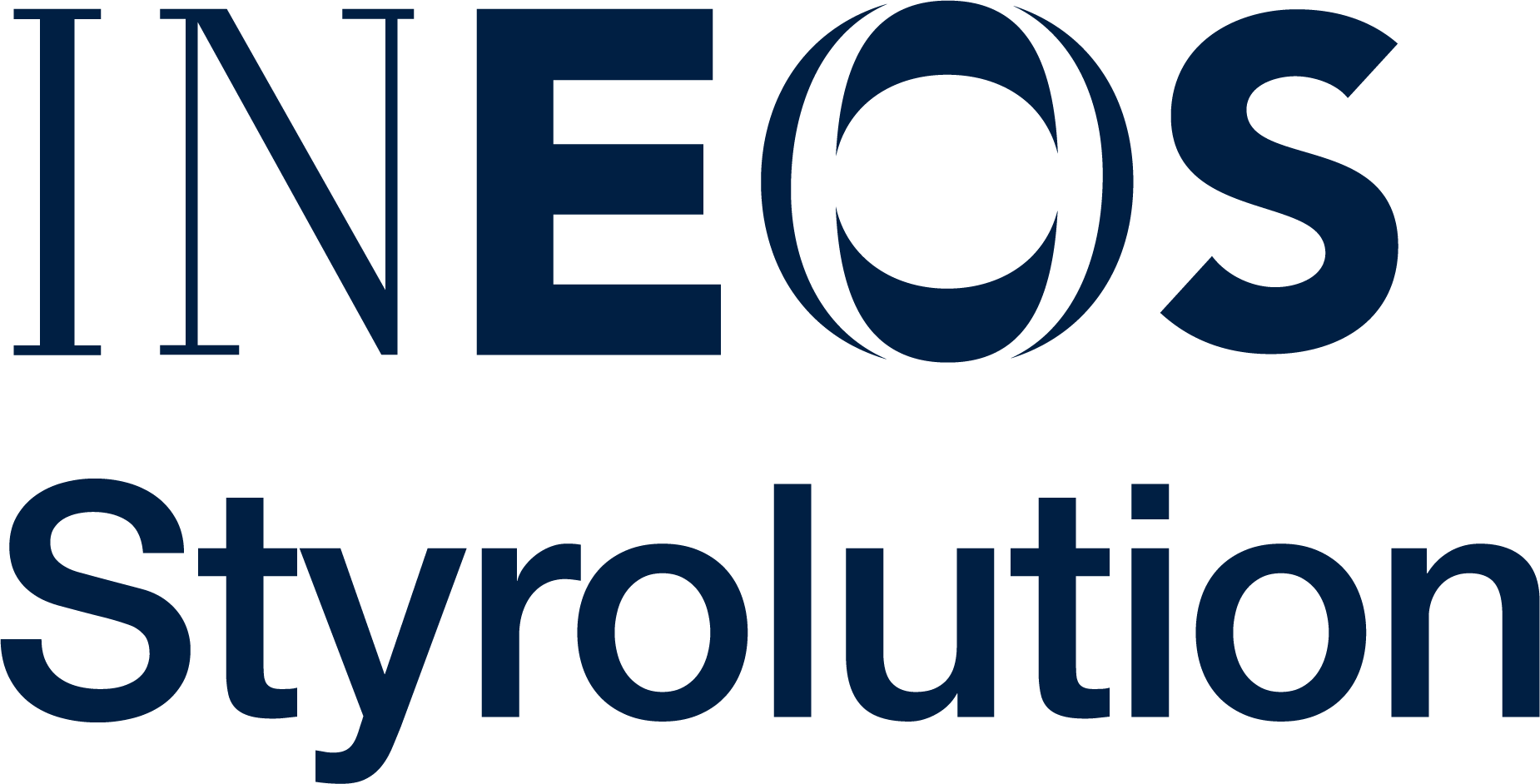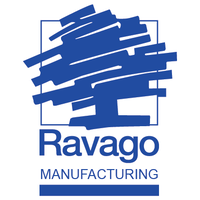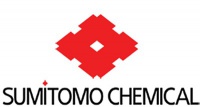Flexible Packaging
Plastics are widely used in flexible packaging because of the unique combination of benefits they offer. These include:
Shelf life extension and Hygiene: Lack of food and food waste are two of the biggest problems facing the planet at the moment. The use of plastics to protect valuable foodstuffs allows the extension of it's shelf life. With modified atmosphere packaging made from plastics, shelf life can be increased from 5 to 10 days, allowing food loss in stores to be reduced from 16% to 4%. The materials used, both plastics raw materials and additives, fulfill all food safety legislation at national and European Union levels.
Plastics packaging is ideal for packaging other items too, such as industrial products and pharmaceuticals. Packaging reduces the chances of these products being damaged in transit, the impact of weathering (e.g UV radiation etc) and keeps them in a controlled environment.
Safety and Security: Flexible plastics packaging is shatterproof preventing dangerous shards being produced when they are dropped. Polymers commonly used in packaging carry a broad suite of approvals to give producers and end users confidence in the safety of products contained within. Plastics packaging can be produced and used with tamper-evident and child resistant closures. The transparency of the pack enables users to examine the condition of the goods prior to purchase.
Design Freedom: The properties of the materials combined with the array of processing technologies employed in the industry, ranging from blown and cast film extrusion, coating, injection and blow moulding through to thermoforming, enable the production of a limitless number of pack shapes and configurations. The extensive range of colouring possibilities, and ease of printing and decorating facilitate brand identification and information for the consumer.
Light Weight: Plastics packaging items are low in weight but high in strength. This means products packed in plastics are easy to lift and handle by consumers and by personnel in the distribution chain as well as offering the associated environmental benefits of stripping weight out of the supply chain.
Durability: The long polymer chains which make up plastic materials make them exceptionally resiliant and difficult to break.
Sustainability: Despite all of the benefits listed above, the packaging industry is under increasing scrutiny to reduce it's environmental impact. Ultrapolumers can help reach your sustainability goals through design and material selection. With a wide range of sustainable material solutions from suppliers such as Ravago, Ultrapolymers can guide you to a suitable material for your product.
Plastics in Packaging
Learn what polymer is right for your next product
Explore this course to get an introduction to the packaging market, exploring a wide range of applications from food and beverage containers to personal care, medical and industrial packaging. The nugget covers key concepts about market-specific polymers, their features and where they are commonly used.
Key areas
- Food packaging (meat, cheese, frozen food, fruit & vegetables, snacks, cereals, convenient ready-to-eat liquids, pet food etc.)
- Industrial films (heavy duty bags, collation shrink films, stretch hood, stretch wrap, protective films)
- Agriculture (green house film, mulch and silage film, silo bags)
- Medical packaging (bags, tubes)
- Hygiene and cosmetics (wipes, diapers)
Market segments
Biaxially oriented film
Biaxially oriented film offers a product with enhanced tensile strength, clarity, and dimensional stability. The stretching process aligns the molecules in the film, creating a more uniform structure that provides better barrier properties and improved optical clarity. It can be made from a variety of plastic resins offering a broad range of characteristics which differentiate it from other films available.
Applications
- Food Packaging
- Labelling, Laminates
- Medical Packaging
- Agricultural Films
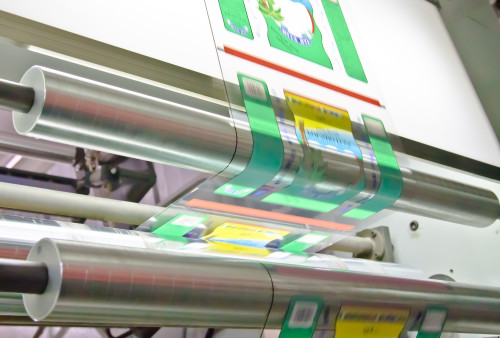

Biaxially oriented film
Biaxially oriented film offers a product with enhanced tensile strength, clarity, and dimensional stability. The stretching process aligns the molecules in the film, creating a more uniform structure that provides better barrier properties and improved optical clarity. It can be made from a variety of plastic resins offering a broad range of characteristics which differentiate it from other films available.
Applications
- Food Packaging
- Labelling, Laminates
- Medical Packaging
- Agricultural Films
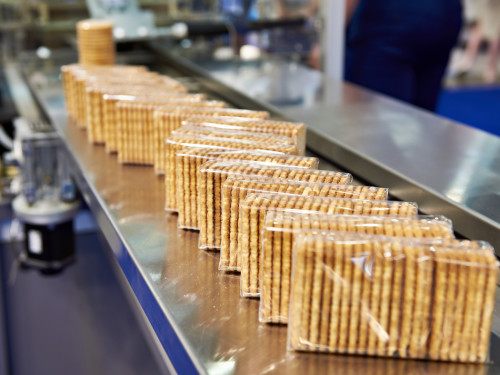
Food Packaging
Food packaging serves many important functions which include, preserving the quality and freshness of the food, providing a platform to advertise the product, sharing important product information and helping ensure the safety of the food for consumption. Food packaging can be made from a variety of polymers allowing for unique packaging solutions designs and broad mechanical properties suited to a wide range of products.
Applications
- Long shelf life products
- Protective Film
- Barrier performance

Food Packaging
Food packaging serves many important functions which include, preserving the quality and freshness of the food, providing a platform to advertise the product, sharing important product information and helping ensure the safety of the food for consumption. Food packaging can be made from a variety of polymers allowing for unique packaging solutions designs and broad mechanical properties suited to a wide range of products.
Applications
- Long shelf life products
- Protective Film
- Barrier performance
General
Flexible packaging is employed across various applications, such as food and beverage, pharmaceuticals, personal care products, and industrial goods. It presents numerous benefits, including reduced weight, decreased transportation costs, and simplified storage. Furthermore, flexible packaging provides a protective barrier against moisture, oxygen, and light, helping to preserve the quality of the contents within. Ongoing developments in materials and packaging design have enhanced the environmental friendliness of flexible packaging through the development of biodegradable materials and the increasing use of recycled material where appropriate.
Applications
- Food packaging
- Industrial films
- Medical Packaging
- Secondary Packaging
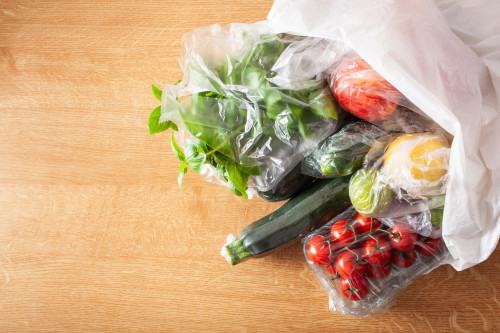

General
Flexible packaging is employed across various applications, such as food and beverage, pharmaceuticals, personal care products, and industrial goods. It presents numerous benefits, including reduced weight, decreased transportation costs, and simplified storage. Furthermore, flexible packaging provides a protective barrier against moisture, oxygen, and light, helping to preserve the quality of the contents within. Ongoing developments in materials and packaging design have enhanced the environmental friendliness of flexible packaging through the development of biodegradable materials and the increasing use of recycled material where appropriate.
Applications
- Food packaging
- Industrial films
- Medical Packaging
- Secondary Packaging
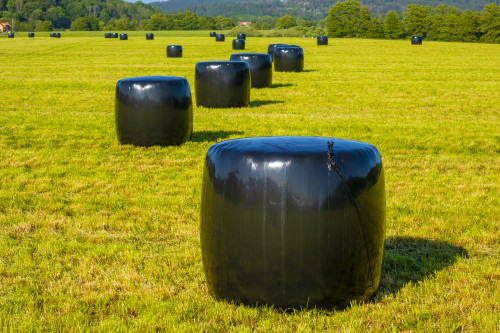
Heavy duty packaging
Heavy-duty packaging offers durability, strength, and cost-effective solutions for transporting and protecting a wide range of products. A broad selection of materials are used in the production of these including HDPE and PP which provide enchanced protection of the products contained within. The lightweight nature of plastics allows for reduced transportation costs and easier handling whilst being able to be tailored to specific packaging demands. With the increasing focus upon sustainability the use of eco-friendly, biodegradable, and recycled plastics is growing and Ultrapolymers are proud to offer mateirals which support this.
Applications
- Protective film
- Bulk bags
- Agricultural packaging

Heavy duty packaging
Heavy-duty packaging offers durability, strength, and cost-effective solutions for transporting and protecting a wide range of products. A broad selection of materials are used in the production of these including HDPE and PP which provide enchanced protection of the products contained within. The lightweight nature of plastics allows for reduced transportation costs and easier handling whilst being able to be tailored to specific packaging demands. With the increasing focus upon sustainability the use of eco-friendly, biodegradable, and recycled plastics is growing and Ultrapolymers are proud to offer mateirals which support this.
Applications
- Protective film
- Bulk bags
- Agricultural packaging
Labels
The importance of plastics in label production should not be underestimated. Labels are critical in the identification of materials, highlighting risks of the items they identify as well as branding of products whilst subjected to a wide range of environments. These labels require water resistance, UV resistance, flexibility, chemical resistance, printability and resistance to tearing and abrasion. The flexibility mentioned means that they can be affixed to numerous surface types.
Applications
- Food and beverage labels
- Chemical Identification labels
- Durable labels
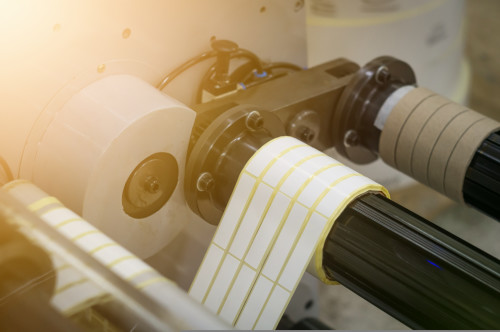

Labels
The importance of plastics in label production should not be underestimated. Labels are critical in the identification of materials, highlighting risks of the items they identify as well as branding of products whilst subjected to a wide range of environments. These labels require water resistance, UV resistance, flexibility, chemical resistance, printability and resistance to tearing and abrasion. The flexibility mentioned means that they can be affixed to numerous surface types.
Applications
- Food and beverage labels
- Chemical Identification labels
- Durable labels
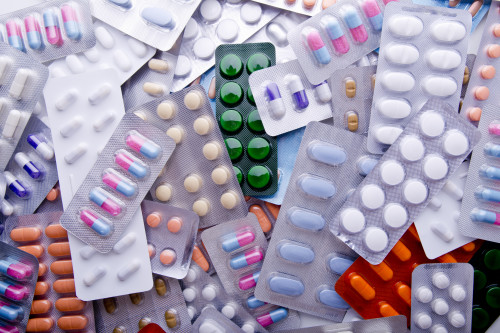
Medical
A significant amount of money is invested in device development and drug discovery however it is important not to overlook how to optimally deliver these items to the users. Producing and developing the optimal packaging requires several considerations including purity of the material, mechanical performance, approvals and what is done at the end of its useful life. To discuss your packaging product please #AskUltra to find out how we can support you in developing an optimal and sustainable packaging solution for your product.
Applications
- Blister Packs
- Vials
- Bottles
- Syringes
- Sterile Packaging
- Films

Medical
A significant amount of money is invested in device development and drug discovery however it is important not to overlook how to optimally deliver these items to the users. Producing and developing the optimal packaging requires several considerations including purity of the material, mechanical performance, approvals and what is done at the end of its useful life. To discuss your packaging product please #AskUltra to find out how we can support you in developing an optimal and sustainable packaging solution for your product.
Applications
- Blister Packs
- Vials
- Bottles
- Syringes
- Sterile Packaging
- Films
Protective film
Plastic plays a crucial role in the manufacturing of protective films, offering a lightweight, flexible, and cost-effective solution for safeguarding various surfaces. They are usually made from materials such as polyethylene, polypropylene, PET and many more. The versatility of polymers allows for a huge amount of scope on the construction, thickness, aesthetics and mechanical properties of the product.
Applications
- Protective film for technology
- Transport protection


Protective film
Plastic plays a crucial role in the manufacturing of protective films, offering a lightweight, flexible, and cost-effective solution for safeguarding various surfaces. They are usually made from materials such as polyethylene, polypropylene, PET and many more. The versatility of polymers allows for a huge amount of scope on the construction, thickness, aesthetics and mechanical properties of the product.
Applications
- Protective film for technology
- Transport protection
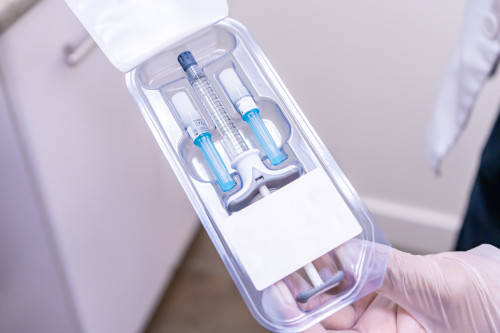
Seal/peel
Seal/peel films are widely used in packaging across a broad range of industries with significant use in food packaging. These products can be made using numerous types of polymer including polyethylene, polypropylene, PET and more. The flexability of polymers allows manufacturers and packaging businesses to tightly pack items, such as food, to preserve their integrity and extend shelf life.
Applications
- Food packaging
- Medical packaging
- Air fresheners
- Ink cartridges

Seal/peel
Seal/peel films are widely used in packaging across a broad range of industries with significant use in food packaging. These products can be made using numerous types of polymer including polyethylene, polypropylene, PET and more. The flexability of polymers allows manufacturers and packaging businesses to tightly pack items, such as food, to preserve their integrity and extend shelf life.
Applications
- Food packaging
- Medical packaging
- Air fresheners
- Ink cartridges
Shrink film
Shrink film is a type of packaging material that, when exposed to heat, shrinks tightly around the item or product it is covering. It is typically made from polyethylene (PE) or a combination of PE and other polymers. Shrink film is available in different thicknesses and can be transparent, coloured or printed depending on the specific application. It is widely used in packaging industries to wrap individual items, multipacks, or entire pallets. Shrink film offers several advantages for packaging applications. Firstly, it provides excellent product visibility, allowing consumers to see the product and its branding clearly. This makes it suitable for retail packaging, as it enhances product presentation and marketing.
Applications
- Food and beverages
- Cosmetics and personal care
- Electronics
- Stationary
- Pharmaceuticals
- Household products
- Collation shrink film
- Pallet Shrink Film
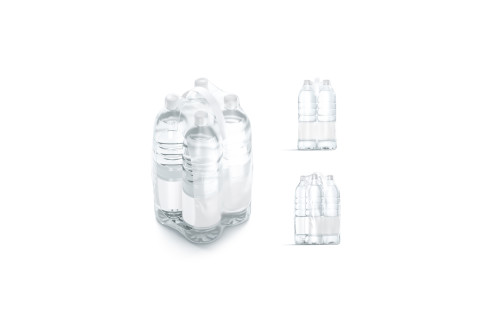

Shrink film
Shrink film is a type of packaging material that, when exposed to heat, shrinks tightly around the item or product it is covering. It is typically made from polyethylene (PE) or a combination of PE and other polymers. Shrink film is available in different thicknesses and can be transparent, coloured or printed depending on the specific application. It is widely used in packaging industries to wrap individual items, multipacks, or entire pallets. Shrink film offers several advantages for packaging applications. Firstly, it provides excellent product visibility, allowing consumers to see the product and its branding clearly. This makes it suitable for retail packaging, as it enhances product presentation and marketing.
Applications
- Food and beverages
- Cosmetics and personal care
- Electronics
- Stationary
- Pharmaceuticals
- Household products
- Collation shrink film
- Pallet Shrink Film
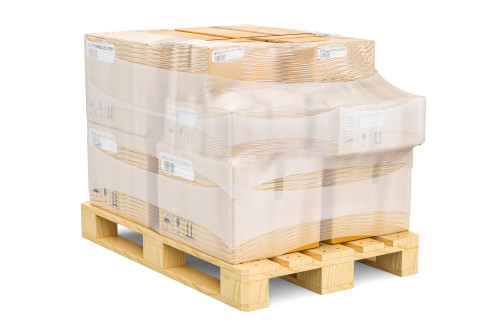
Stretch film
Stretch film is a type of flexible and elastic film used for wrapping and protecting goods during transportation and storage. This thin, transparent film is made mainly of linear low-density polyethylene (LLDPE). It possesses the ability to stretch and return to its original shape, providing secure adhesion and protection for packaged items. The primary application of stretch film is related to packaging and transporting goods. When applied (wrapped) correctly, stretch film enables the stabilisation and safeguarding of cargo against damage, dust, moisture, and other external influences. Furthermore, wrapping with stretch film ensures that items on pallets or in packages remain securely held together, reducing the risk of shifting or falling during handling and transporting. Packages can be wrapped either by hand or machines.
Applications
- Logistics - warehousing distribution
- Food packaging
- Construction material packaging
- Conventional stretch film
- Oriented film

Stretch film
Stretch film is a type of flexible and elastic film used for wrapping and protecting goods during transportation and storage. This thin, transparent film is made mainly of linear low-density polyethylene (LLDPE). It possesses the ability to stretch and return to its original shape, providing secure adhesion and protection for packaged items. The primary application of stretch film is related to packaging and transporting goods. When applied (wrapped) correctly, stretch film enables the stabilisation and safeguarding of cargo against damage, dust, moisture, and other external influences. Furthermore, wrapping with stretch film ensures that items on pallets or in packages remain securely held together, reducing the risk of shifting or falling during handling and transporting. Packages can be wrapped either by hand or machines.
Applications
- Logistics - warehousing distribution
- Food packaging
- Construction material packaging
- Conventional stretch film
- Oriented film






